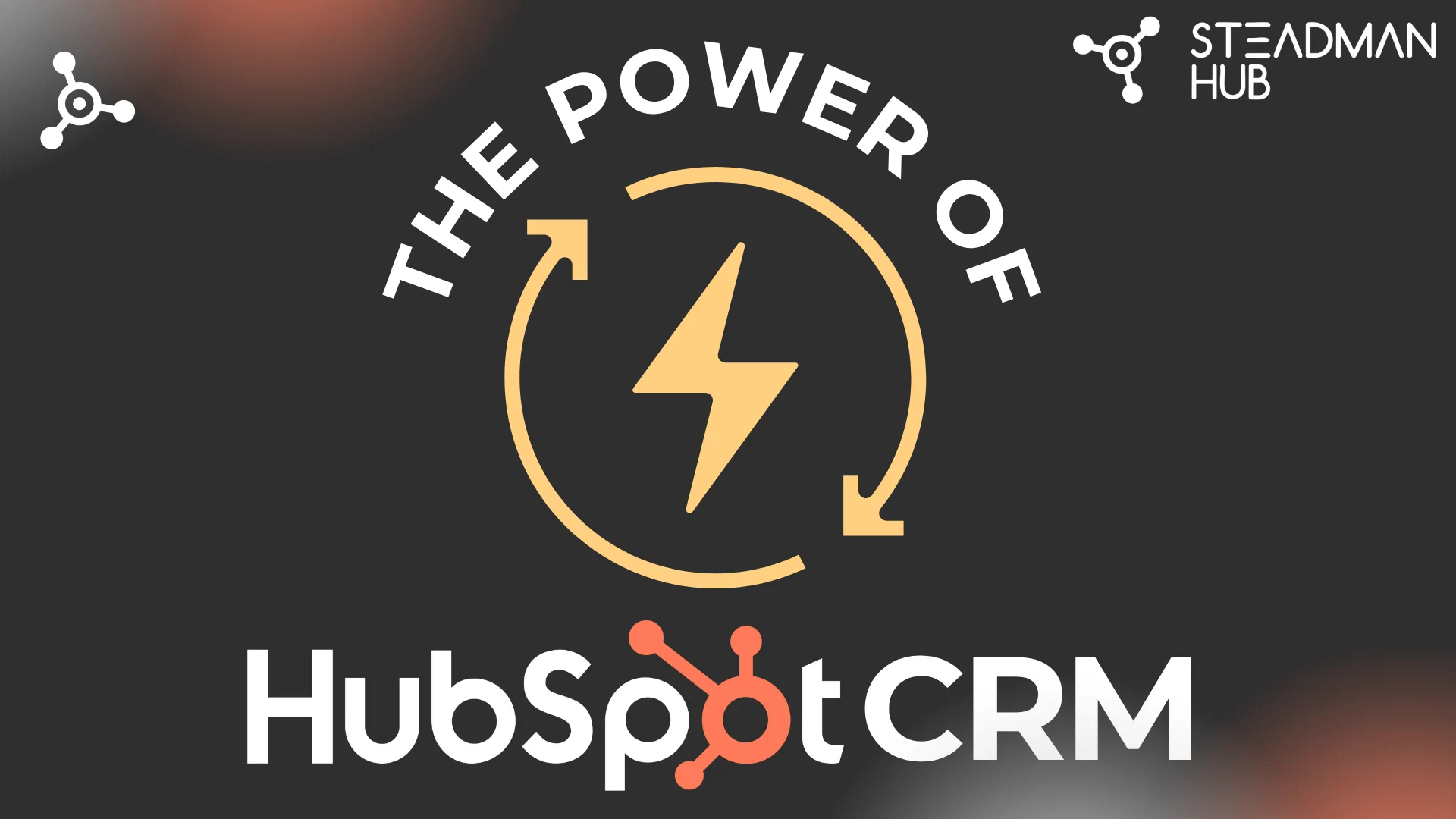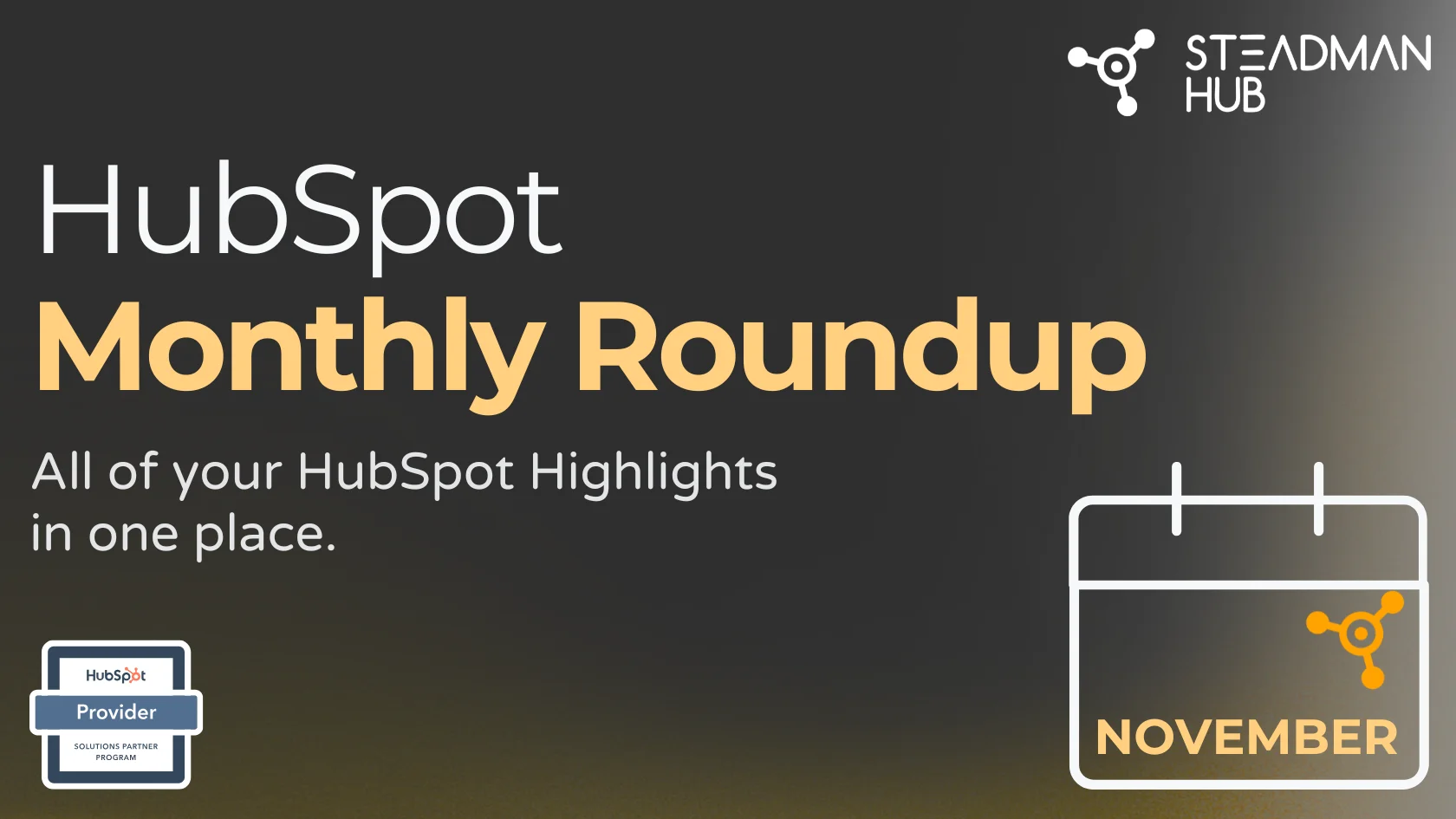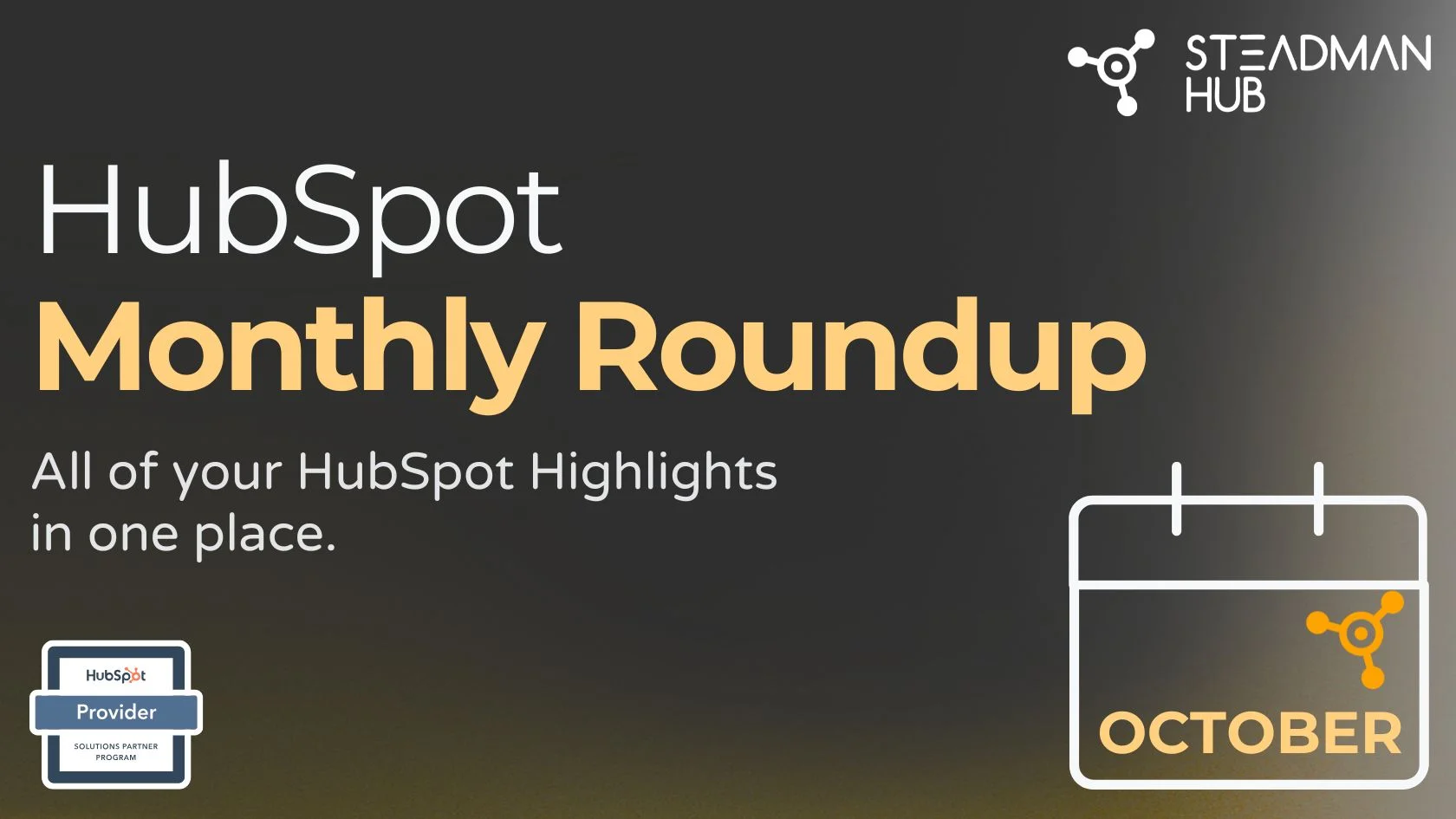
In the dynamic landscape of modern business, maintaining strong and meaningful relationships with customers is paramount. This is where Customer Relationship Management (CRM) systems come into play, and one notable player in this arena is HubSpot.
In this blog post, we'll delve into the basics, explore the evolution of HubSpot's CRM, and understand why businesses, both small and large, are adopting CRM systems like never before.
Understanding CRM: Back to the Basics
Customer Relationship Management (CRM) is the heartbeat of effective customer-centric strategies. It involves the systematic management of customer interactions, information, and relationships throughout the customer lifecycle. In the past, businesses struggled with scattered customer data across various platforms, hindering seamless communication and collaboration.
The need for a centralised database became apparent as businesses expanded, prompting the rise of CRM software. Enter HubSpot, a pioneer in the CRM landscape, providing a solution that goes beyond mere data organisation.
Who Should Embrace CRM?
CRM is not a one-size-fits-all solution, but if your business seeks better visibility into sales processes, a centralised database for customer information, and deals with multi-channel customer interactions, adopting a CRM system is a logical step. HubSpot's CRM, in particular, caters to businesses of all sizes, offering a user-friendly experience and advanced functionalities.
The Right Time to Adopt CRM
While some businesses may try to manage without a CRM, the pain of an outgrown DIY solution often becomes inevitable. HubSpot recognizes this and has made CRM adoption more accessible with its free edition. Waiting until inefficiencies become unbearable is not the optimal strategy; instead, adopting a CRM system early can streamline processes and foster smoother collaboration.
Evolution of HubSpot
In 2014, HubSpot disrupted the CRM market by introducing its solution, addressing common challenges faced by businesses. Traditional CRMs were often complex and lacked the ability to capture customer interactions across various channels. HubSpot's CRM not only integrated seamlessly with their current suite of products but was also offered for free, breaking down barriers to entry.
Over the years, HubSpot has expanded its CRM platform, incorporating features like live chat, meeting scheduling, and leveraging AI tools to enhance team productivity and innovation.
CRM and Business Growth
In an era of rapid business growth and diverse customer engagement opportunities, tracking and monitoring interactions become challenging. This challenge is compounded when marketing and sales teams operate with different processes and information overload. HubSpot's CRM emerges as a solution to these growing pains by organising information and interactions across communication channels, improving efficiency, and eliminating unnecessary tasks.
HubSpot CRM: Pros and Cons
HubSpot's CRM has gained significant traction in the market, challenging even established players like Salesforce. Its popularity can be attributed to its simplicity, user-friendliness, and a crucial factor—being free. While Salesforce remains a CRM leader, HubSpot stands out for its ease of use, making it an attractive choice for businesses new to CRM tools.
Pros:
- Free Accessibility: HubSpot's CRM is available for free, making it an excellent entry point for businesses exploring CRM solutions.
- User-Friendly Interface: The simplicity of HubSpot's CRM makes it easy for teams to adapt and navigate.
- Seamless Integration: HubSpot's CRM seamlessly integrates with other HubSpot products, creating a unified ecosystem.
- Constant Evolution: HubSpot continues to enhance its CRM with new features and tools, staying ahead of evolving business needs.
- Efficiency Boost: By organising customer data and interactions, HubSpot's CRM enhances team efficiency and collaboration.
Cons:
- Limited Advanced Features: While suitable for many businesses, HubSpot's CRM may lack some advanced features present in other premium CRM solutions.
- Scaling Challenges: Larger enterprises with complex needs may find limitations in HubSpot's CRM as they scale.
- Dependency on HubSpot Ecosystem: To leverage the full potential, users might need to rely on other HubSpot products, creating a dependency.
Conclusion
HubSpot's journey in the CRM space reflects a commitment to simplifying customer relationship management. As businesses strive for growth, adopting a CRM system becomes a strategic imperative. HubSpot's CRM, with its user-friendly approach, continuous evolution, and free accessibility, stands as a compelling choice for businesses seeking to enhance customer relationships, streamline processes, and drive sustainable growth.



